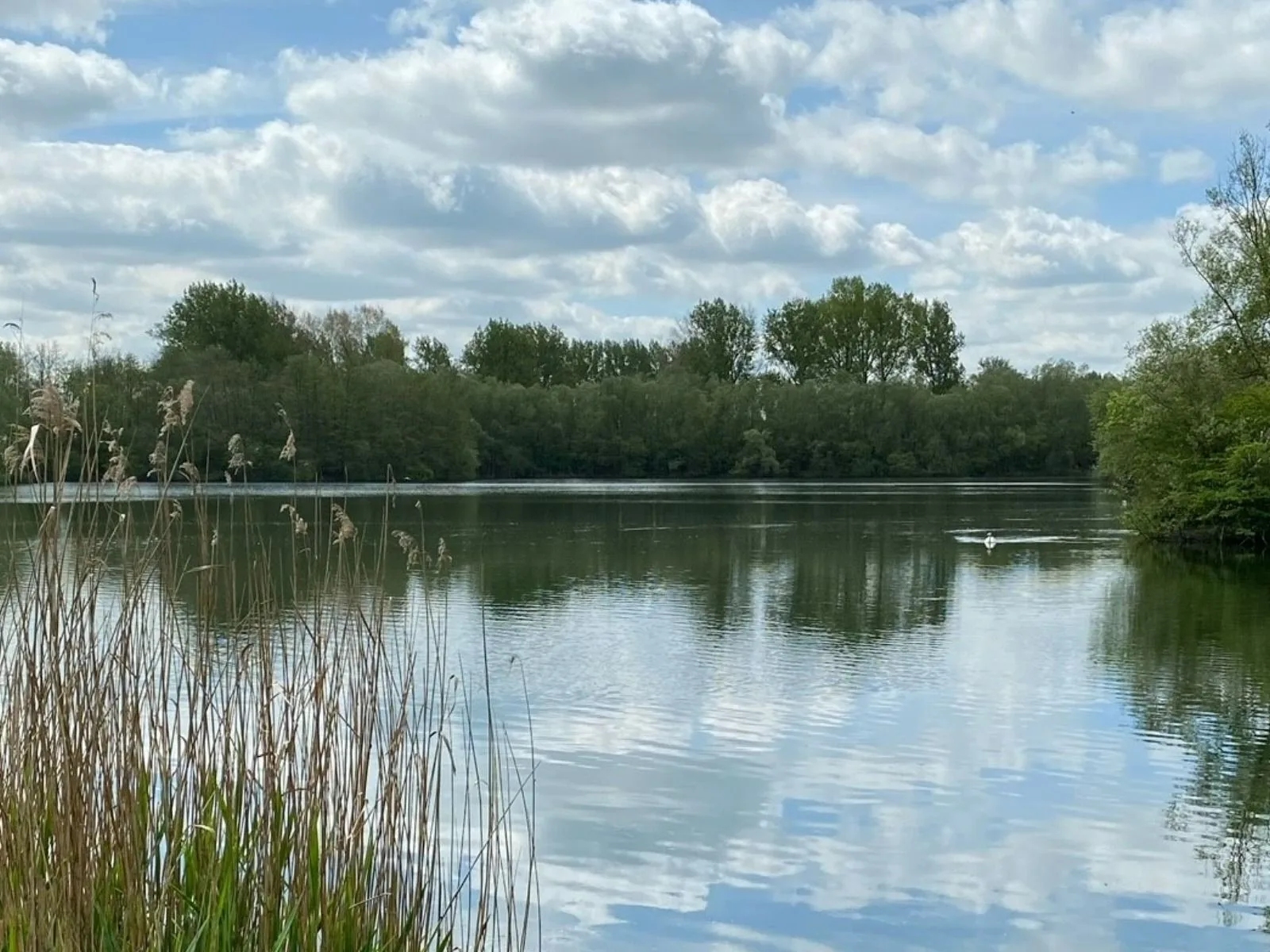Wasing Estate is committed to preserving and enhancing the environment that we are situated in and believe it’s vital that we give back to nature and encourage others to help us maintain the ecological balance.
This is why we are participating in “Anglers Against Litter” which is a campaign set up by the Angling Trust with an aim to provide a voice for anglers to engage with the issue of litter and plastic pollution in freshwater and marine environments. It outlines ways in which anglers, fisheries and tackle retailers can get involved to reduce and remove litter from areas where they fish.
A few ways our anglers can help us to support the “Anglers Against Litter” are by participating in the “Take 5” pledge. This involves taking 5 additional pieces of litter home with you after you have been fishing and recycling your old fishing line through Anglers National Line Recycling Scheme. Wasing Fisheries have registered as a recycling point for old fishing lines; our members will find our recycling bin in the fisheries hut.

Please see below some facts regarding fishing lines and how by recycling your lines and picking up your litter, you can help to reduce these figure
- 1.25 million kilometres – The estimated amount of line used by anglers, of all disciplines, by UK anglers each year. That is nearly enough to go to the moon 3 times!
- 600 YEARS + for heavy monofilament to degrade but it then only adds to the issue of aquatic micro plastics. For every 1lb breaking strain assume 10 years to break down into microplastics.
- 1950s – the first commercial monofilament produced. This means potentially any line over 7lbs breaking strain is likely to still be present in the aquatic environment and landfills.
- INCINERATION OR LANDFILL – the only options for our line if not recycled through a scheme such as the ANLRS.
- NORMAL PLASTIC RECYCLING ROUTES – local council and domestic recycling bins do not take line or spools. It will end up being landfill or incinerated.
- RUBBISH or RESOURCE – Fishing lines, braids, and the plastic spools it comes on, can be recycled using our recycling partner’s innovative methods.
- THREAT – Discarded line poses a threat to other water users, pets, wildlife and the image of the angling sector.
You can find out more about our fisheries here






